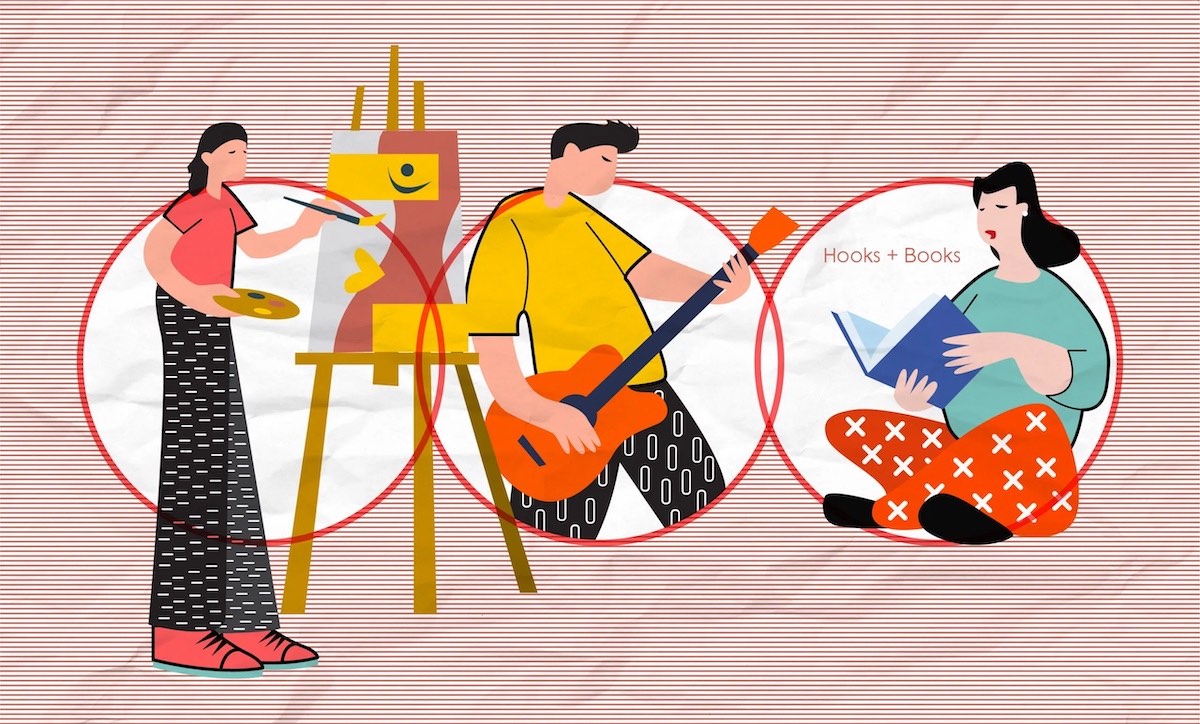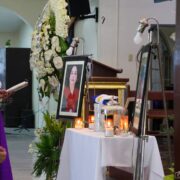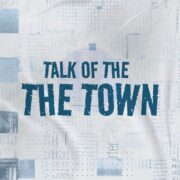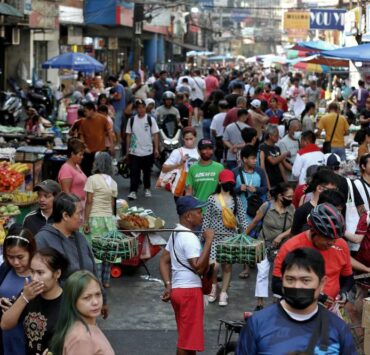We’re poor but we look nice

On the first day of school, I met my people. Finally, I’ve found people like me who find clothes more accessible than food.
Over the years, there’s been a notable shift in how college students from the University of the Philippines Baguio dress. In particular, those from my college, the College of Arts and Communication (CAC), dress well. Think knee-high boots and platform heels. Normally, this means having a lot of money to spend on clothing. But what people don’t realize is that financially challenged people like us have a greater need to look presentable—or at least simulate a wealthy lifestyle that we currently do not have.
First, I think it’s worth clarifying what “clothes” mean to us. The fluffy hoodies were gifts from various Christmas parties. The blouses and the dresses were hand-me-downs from my aunts and my mother. The rest are thrifted. Mothers should be hailed thrift queens because they always seem to know where to buy affordable, high-quality clothing. That also applies to accessories, although some were handmade by her back in her college days. She passed all of those to me when I went to Baguio to study.
Similarly, my father bought me expensive (knock-off but still high-quality) shoes from Cartimar, the grand shoe store in Pasay. Even with his modest salary of less than P10,000 per month, he, too, bought them in preparation for my departure to Baguio.
So to recap, I came to Baguio wearing my best clothes and newly bought shoes, complete with accessories—accumulated wealth from my relatives. I get that I look expensive (I get that a lot) but in my head, I went to battle in my full-body armor. It may seem easy to trade high-value, trendy clothing in exchange for more expensive, varied, and better-quality food but it isn’t. My family gave me their prized possessions, “pamana,” in an attempt to fetch a better life, not just a momentary improvement in my life (i.e., food).
I know I’m not alone in this. There’s a whole horde of students like me who slay their physical appearances with matching big smiles, not having laptops of their own, discreetly working part-time jobs, and secretly being their own providers. I know because I met more of them this week.
We put our best foot forward in hopes that people would notice how presentable we look over our growling stomachs. I wasn’t alone back when I came to school in a full-faced makeup, to cover the stress and fatigue of making sure ends meet. More than the anxiety of passing subjects, it made me anxious when money would run out. Unlike the common practice of being supported by parents monthly, some students like me depend on scholarships to fund their daily expenses in college. I was one of those who took the risk of moving to a distant place despite knowing that my source of funds—a scholarship—wasn’t 100 percent guaranteed every semester. If any unforeseen problems arise in me and my family, I will be called to work. Hence, we should all recognize that to be able to study in college and just study is a privilege. Still, I felt judged as a burgis for appearing the way I do.
I do not intend to ever correct these preconceived notions. Frankly, poor people do not want to be perceived as poor. I willingly accept being stereotyped as studious if and when I am found at the library because that means they have failed to notice how I don’t have a laptop. I survived two whole semesters without it.
Today, in my second year of college, I feel more comfortable showing up in something simple and less carefully curated clothes. But of course, I still understand the importance of impression setting. A freshman from CAC once told me, “Ang iskor, naitatago, pero ang fit, hindi,” which loosely translates to: “Scores can be concealed but outfits cannot be.” Technically, we may not get to choose the situation we are in but one of the ways we can actively change the way we feel about it is by dressing up, which CAC students are masters of. That is why oftentimes, people attribute the fit to the flair of simply being in my college, CAC.
Getting a read on people via physical appearance is normal. It only becomes upsetting when the labels that were solely based on appearance start sticking around permanently. Actions and words are more accurate determinants of someone’s socioeconomic status rather than mere clothes. But rather than labeling people, maybe it’s more worth wondering, as a group, if this act of labeling is the exact reason why we feel the need to uphold the act of pretense.
—————-
Ellysa Faye Sol, 19, is a second-year communication student at UP Baguio. She wrote this piece in hopes that other students can relate to it and make them feel seen.

















